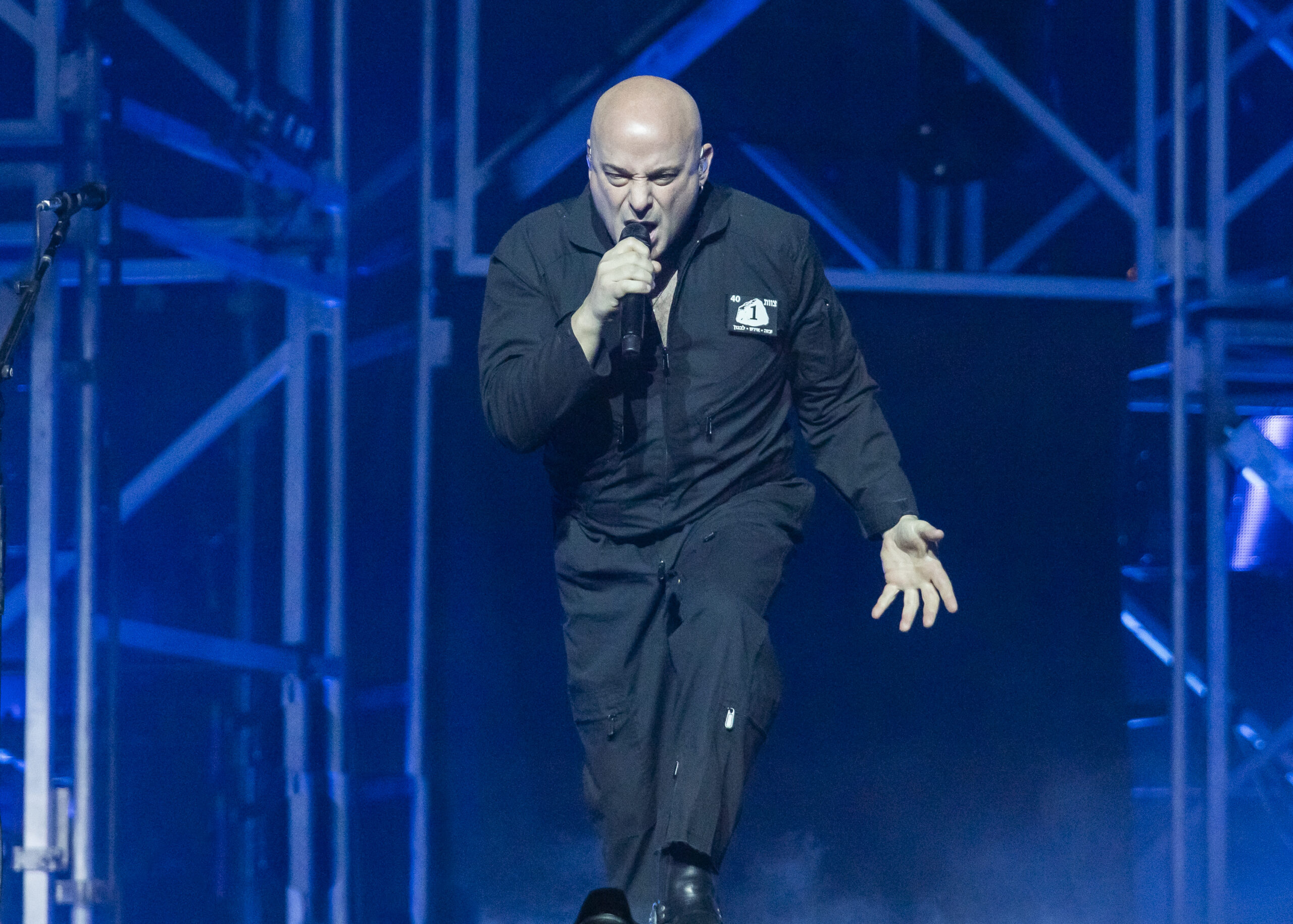Elmo's Emotional Plea: Sesame Street Star Speaks Out on Trump's Budget Cuts

Australia, get ready for a dose of Sesame Street sadness! Beloved character Elmo has taken to social media in a powerful and surprisingly poignant post, seemingly addressing the impact of President Trump's recent budget cuts. The post, which has quickly gone viral, has sparked a national conversation about funding for essential programs and the importance of supporting children's education and wellbeing.
The original post, a simple but heartfelt message, conveyed Elmo's distress: “Elmo is sad. Elmo’s friends need help. Elmo wants to help everyone.” This seemingly innocent declaration resonated deeply with many, prompting widespread speculation that Elmo was indirectly commenting on the proposed cuts to vital services like education, healthcare, and community support programs.
While Sesame Street representatives haven't explicitly confirmed the post was a direct response to the budget, the timing is undeniably significant. Trump's proposed budget included significant reductions in funding for programs that benefit low-income families and children, raising concerns about the potential impact on vulnerable communities across the United States, and indeed, globally.
The viral nature of Elmo’s post highlights the power of children's characters to connect with audiences on an emotional level and to raise awareness about important social issues. It's a reminder that even seemingly lighthearted children’s programming can serve as a platform for advocating for positive change. Social media users quickly rallied behind Elmo, sharing the post and expressing their support for the programs at risk.
Why is this resonating so strongly in Australia? The sentiment of protecting children and ensuring access to quality education and support services is universally valued. Australians, known for their strong sense of community and fairness, have been quick to express solidarity with Elmo’s message. Many are drawing parallels to the ongoing debates about funding for early childhood education and other vital social programs within Australia itself.
The situation has sparked a broader discussion about the role of children's media in addressing complex social and political issues. While some may argue that Elmo should remain apolitical, others contend that using beloved characters to raise awareness about important issues can be a powerful and effective way to engage audiences of all ages, especially when those issues directly impact children.
Ultimately, Elmo's unexpected foray into political commentary has captured the attention of the nation and beyond. It serves as a poignant reminder of the importance of investing in the future of our children and the power of even the smallest voices to make a difference. Whether it was a deliberate political statement or a genuine expression of concern, Elmo’s message has clearly struck a chord with audiences around the world, prompting reflection and sparking conversations about the kind of society we want to build.
What do you think? Does Elmo have a right to speak out on political issues? Share your thoughts in the comments below!





